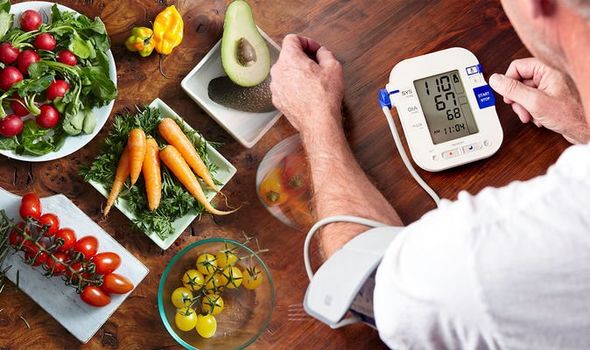Diet for High blood pressure

- High blood pressure increases risk of health problems like heart attack, stroke, kidney disease and dementia.
- Prehypertension means that you do not have hypertension, but you are likely to develop it in the future. A blood pressure between 120/80 and 139/89 is called prehypertension and a blood pressure of 140/90 or higher is considered high.
- Here are the lifestyle approaches you can make to lower your blood pressure.
- Losing a little weight if you are over wt. /obese, just 3-5 kg, if you are not ready to lose more weight.

- Physical exercise, 1/2 – 1 hour most days of the week. Even moderate activity for 15 minutes at a time, such as walking and light strength training can help.
- Do not compensate with strenuous exercise only on weekends. It can be risky with a high blood pressure.
- Keep an alcohol diary to track your true drinking patterns. One drink equals 12 ounces (355 mL) of beer, 5 ounces of wine (148 mL) or 1.5 ounces of 80-proof liquor (45 mL). If you’re drinking more than the suggested amounts by your doctor/ dietician, cut back.
- Avoid tobacco products and secondhand smoke.
- Include more whole grains, fruits, vegetables, whole pulses and low-fat milk and milk products.
- Eat sweets and fats in small amounts.
- Eat different colored fruits and vegetables; they are rich in potassium (helps lower blood pressure) and phytochemicals (has antioxidant properties).
- Try to avoid salty and processed foods like pickle, chips, frozen food, namkeens/ farsan, salted nuts etc. Ask your dietician to design a low salt, potassium rich and high fibre diet plan.
- If it’s difficult to drastically reduce the sodium in your diet, cut back gradually. Your palate will adjust over time.
- Write down what you eat, for a week. It well help your dietician to know your true eating habits.
- Use spices and lime juice, rather than salt, to add more flavor to your foods.
- Make a shopping list before heading to the supermarket to avoid picking up junk/ processed food.
- Manage stress or anxiety. Take breaks for deep-breathing exercises or take up yoga or meditation. If self-help doesn’t work, seek out a professional for counseling.
- Monitor your blood pressure at home and make regular doctor’s appointments.
Connect to Us
Touch with Counseling
RD Smita Nanda
Nutrition Consultant
